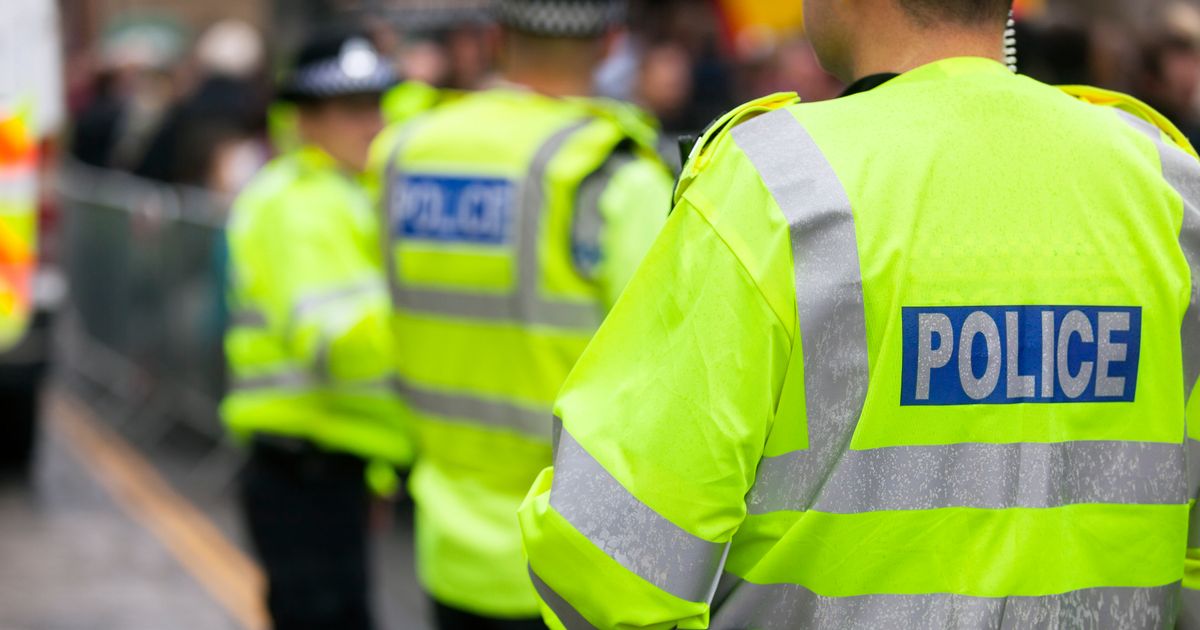Staffordshire Police Federation chair Lee Robinson has described the seven per cent pay offer announced by the Government as a step in the right direction but said members would have mixed feelings about the award.
The increase across all ranks falls well short of the original 17 per cent claim issued by the Police Federation and is also below the current rate of inflation but is better than some commentators had predicted.
It was confirmed in the House of Commons after the Government accepted the recommendations of the Police Remuneration Review Body (PRRB).
Lee said: "A seven per cent pay award is the highest we have seen for a long time and under the circumstances looks like a good offer.
"But it does fall short of our initial demands and it is still below inflation so our members will meet the news with mixed feelings - it is a step in the right direction but it doesn’t go far enough.
"Inflation remains high, mortgage payments are going up and we’ve seen nothing to suggest the cost of living is getting any cheaper."
The Government has ruled out extra borrowing to fund the police pay increases amid fears of stoking inflation and this could mean cuts to existing frontline services.
The current level of CPI inflation is running at 8.7 per cent and Prime Minister Rishi Sunak - who has promised to cut it to around 5.3 per cent by the end of the year - wants to avoid increases which could fuel a wage-price spiral.
Chancellor Jeremy Hunt told MPs it was "important to deliver on the Prime Minister’s priority to get debt falling and to control borrowing to avoid adding inflationary pressures and risk prolonging higher inflation".
He said: "That means taking difficult but responsible decisions on the public finances, including public sector pay, because more borrowing is itself inflationary."
Chief Secretary to the Treasury John Glen said the police pay rise would be partly covered by increasing the cost of certain visas by up to 20 per cent to create more funding for border forces, allowing the Home Office to divert some money towards police officer pay.
National chair Steve Hartshorn said: "I have no doubt that police officers will have mixed feelings – on the one hand, they will be pleased that the pay award was not as bad as some media outlets had speculated, but also disappointed that it doesn’t fully take account of inflation, as they and their families struggle with increased utility, mortgage and food costs.
"We will continue to push for fair pay awards that take full account of inflation and recognise and reward the unique status of police officers; including the introduction of a fair, independent mechanism and negotiation process, so that we can properly sit down with government and employers to negotiate pay settlements that fully consider the risks and restrictions placed on police officers’ private and professional lives. The focus going forward needs to be on pay restoration."









